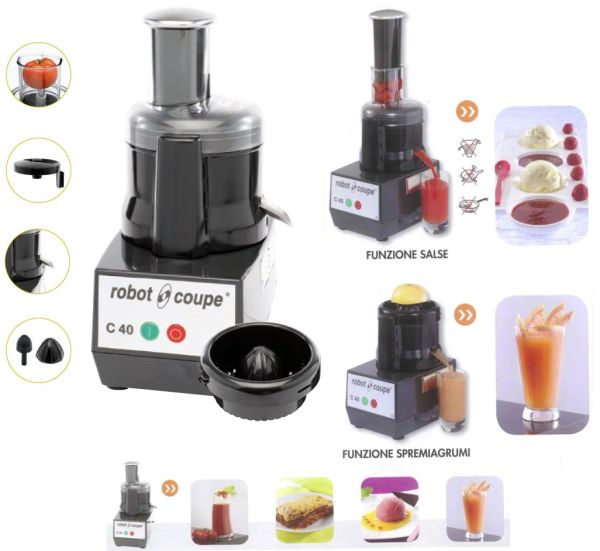Language
WORLDWIDE SHIPPING
Robot Coupe automatic juice extractor – centrifuge strainer C40
€1,199.00
€982.79
Availability:
In stock
To prepare delicious sauces and fruit and vegetable juices, to make hors d'oeuvre, terrines, sauces, soups, sorbets and ice-creams, smoothies, jams and jellies
of fruit..
Large capacity hopper 90X75 mm allowing to introduce a whole tomato without cutting it and obtaining a larger capacity.
Apposite arm for sauces, fit for fruit or vegetables with soft pulp like raspberries, bilberries, tomatoes...
Stainless steel receptacle with integrated expulsion device with a rounded shape to recover fruit also on the bottom of the basin.
Long lateral spout allowing to use a large collecting basin for sauce.
Small or large cones for an optimal extraction of juices whatever is the size of the citrus fruit squeezed.
Power 500 W
Monophase supply 230 V
Speed 1500 rotations/min
Basin and lid diassemblable
Provided with accessories Sauce and Citrus Squeezing
Dimensions 239x280x645 mm.
Weight 10,6 kg.
Delivery time : 5 days
of fruit..
Large capacity hopper 90X75 mm allowing to introduce a whole tomato without cutting it and obtaining a larger capacity.
Apposite arm for sauces, fit for fruit or vegetables with soft pulp like raspberries, bilberries, tomatoes...
Stainless steel receptacle with integrated expulsion device with a rounded shape to recover fruit also on the bottom of the basin.
Long lateral spout allowing to use a large collecting basin for sauce.
Small or large cones for an optimal extraction of juices whatever is the size of the citrus fruit squeezed.
Power 500 W
Monophase supply 230 V
Speed 1500 rotations/min
Basin and lid diassemblable
Provided with accessories Sauce and Citrus Squeezing
Dimensions 239x280x645 mm.
Weight 10,6 kg.
Delivery time : 5 days
FAQs

 IT
IT FR
FR
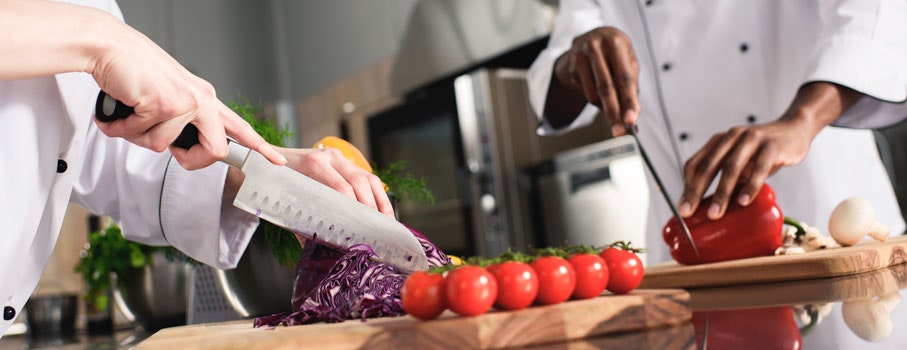
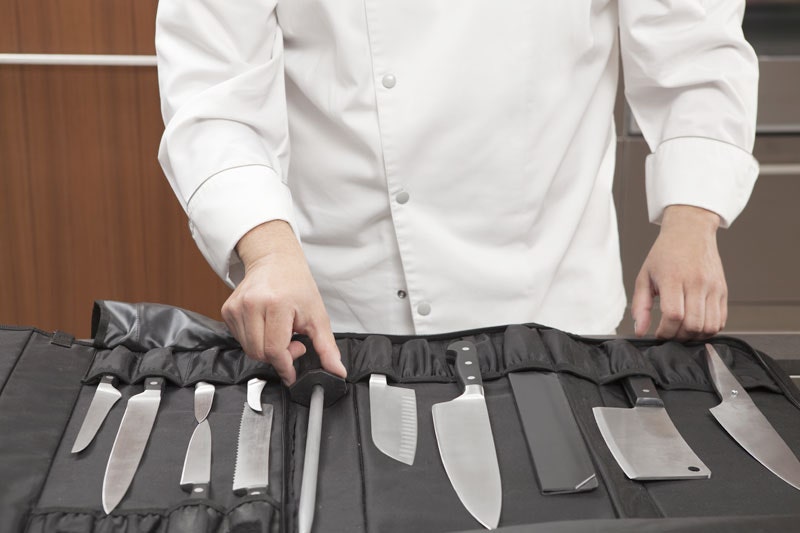
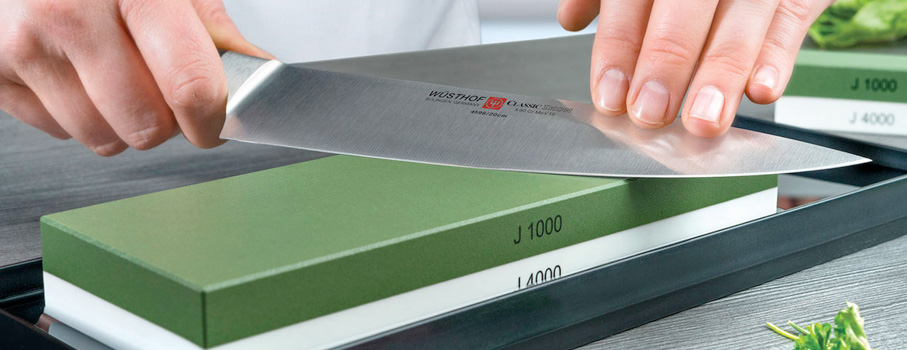
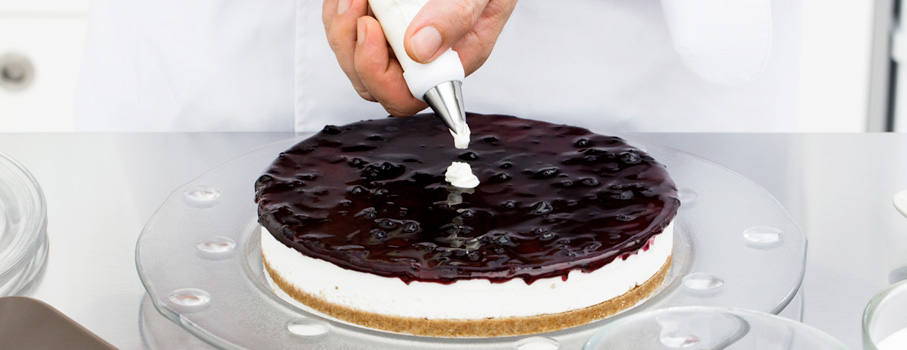

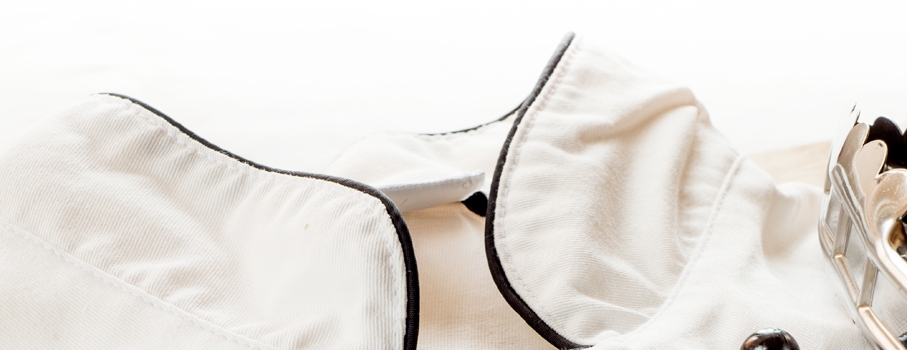
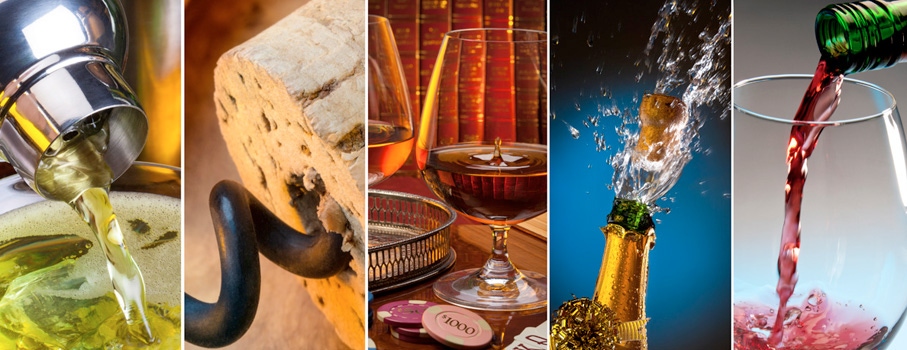
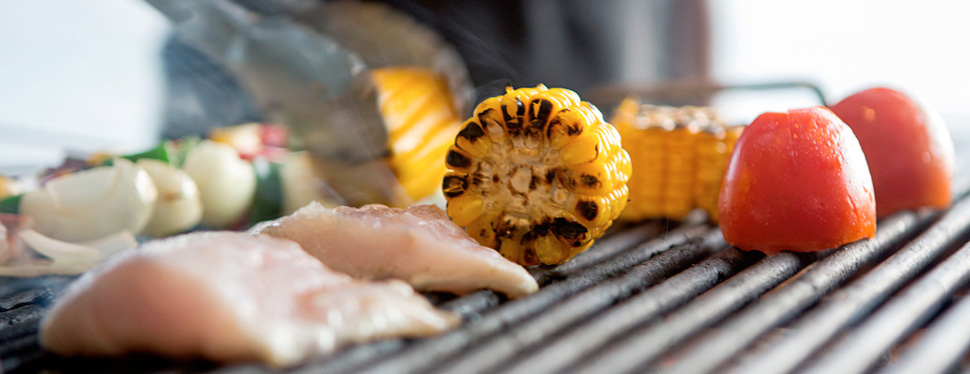

 IT
IT FR
FR
